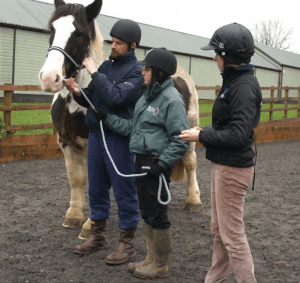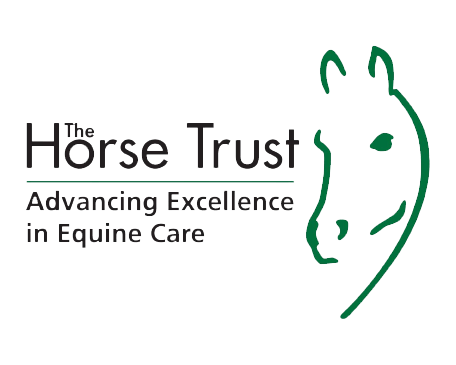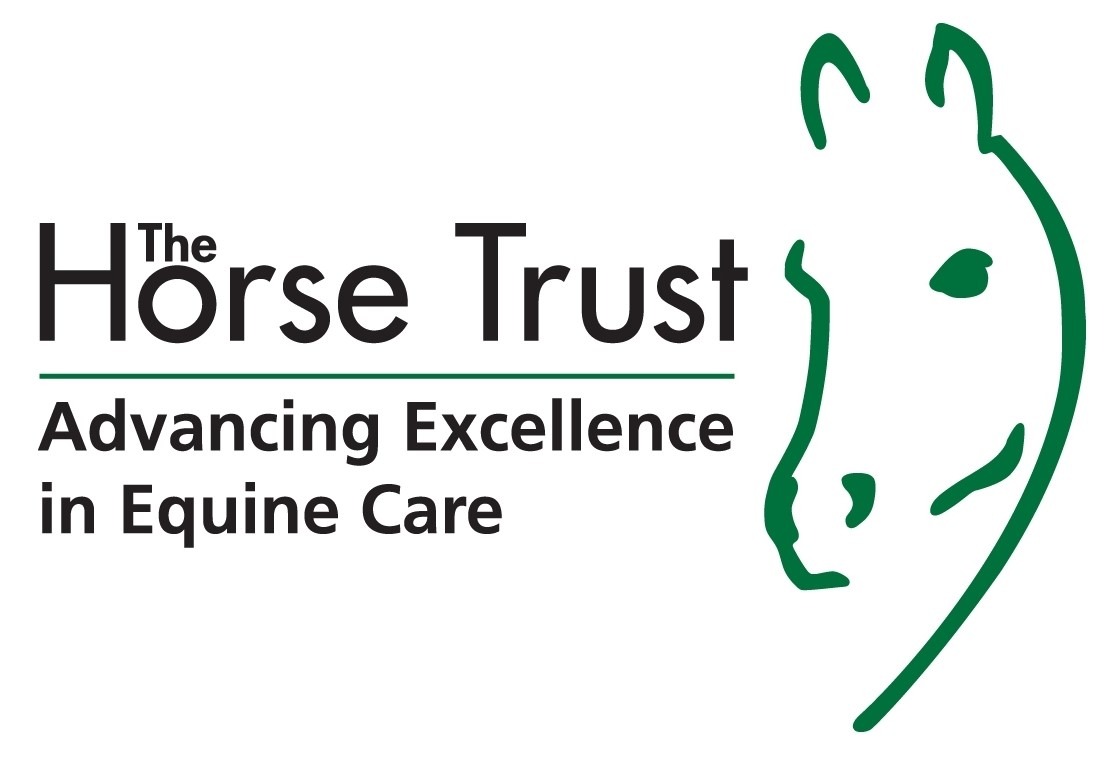The Horse Trust is delighted to announce a successful and heartwarming collaboration with the Society…

The Horse Trust delivers first CPD course on equine behaviour modification for vets and nurses
The Horse Trust has delivered the UK’s first CPD courses on equine behaviour modification techniques for vets and veterinary nurses. The one-day courses were held on 25th and 26th November 2014 at The Horse Trust’s Home of Rest for Horses in Buckinghamshire.
 The aim of the courses was to further develop the practitioner’s skills in handling challenging horses using the objective, evidence-based principles of equitation science. The training was led by Gemma Pearson, Senior Clinical Training Scholar in Equine Practice at the Royal (Dick) School of Veterinary Studies, who specialises in dealing with behavioural cases. Gemma reviewed equine ethology and learning theory and explained how these principles can be used to address behavioural problems encountered by vets and nurses in their day-to-day work.
The aim of the courses was to further develop the practitioner’s skills in handling challenging horses using the objective, evidence-based principles of equitation science. The training was led by Gemma Pearson, Senior Clinical Training Scholar in Equine Practice at the Royal (Dick) School of Veterinary Studies, who specialises in dealing with behavioural cases. Gemma reviewed equine ethology and learning theory and explained how these principles can be used to address behavioural problems encountered by vets and nurses in their day-to-day work.
The courses placed a strong emphasis on hands-on practical sessions and delegates were shown video case studies and demonstrations of techniques that can be used to handle horses that were clipper shy and difficult to worm, vaccinate, shoe and load. Delegates were then given the opportunity to practice many of the techniques themselves.
Liane Preshaw, Welfare Development Manager at The Horse Trust and organiser of the course, said “Vets and nurses often have to deal with horses performing potentially dangerous behaviours and it’s important that they are able to utilise handling techniques that are effective, humane and based on a scientific understanding of horse behaviour and learning theory. These skills will help to keep them safe, protect the horse’s welfare, and also enable them to act as a source of knowledge for horse owners. These are the first courses of their kind and we are delighted with the positive feedback received and plan to run further courses next year”.
Gemma Pearson, Senior Clinical Training Scholar in Equine Practice at the Royal (Dick) School of Veterinary Studies, said “It has been my aim since becoming the Veterinary Liaison Officer for the International Society for Equitation Science to develop and run a course for veterinary surgeons and nurses that would give them knowledge and practical skills to deal with difficult horses in practice. The recent BEVA survey has shown how dangerous our profession can be and hopefully the course participants now have some tools to help them manage these horses in a safe and time efficient way. I am thrilled The Horse Trust has been fundamental in allowing this to happen”.
1 2















Comments (0)